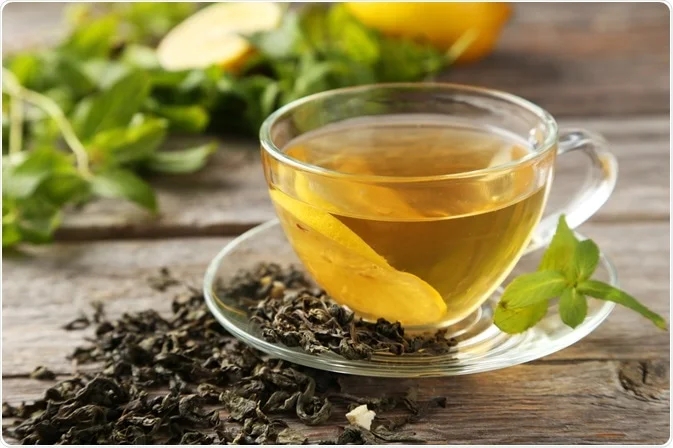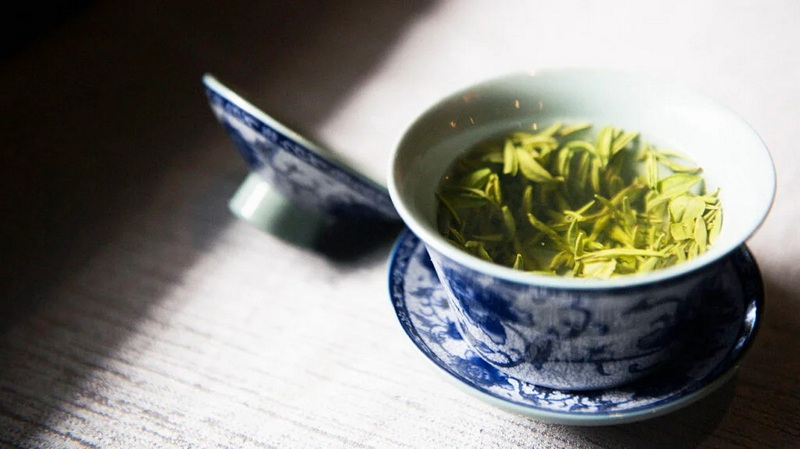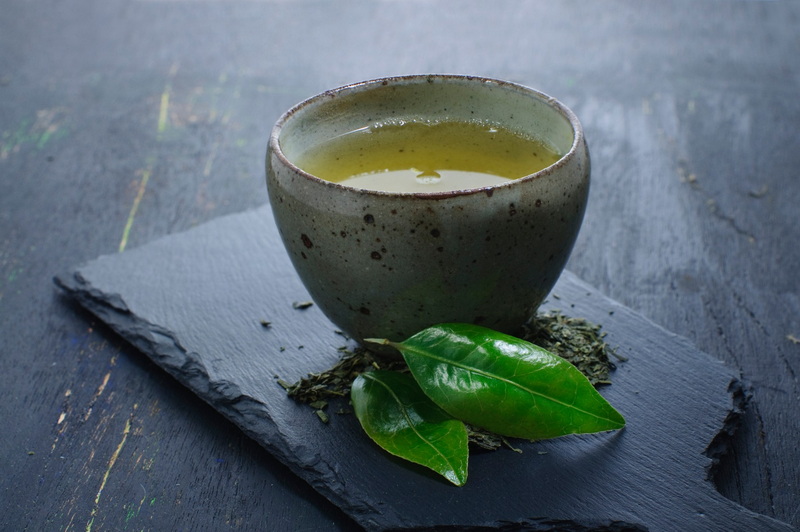Content Menu
● Understanding Blood Pressure
● The Components of Green Tea
● Scientific Evidence on Green Tea and Blood Pressure
● Mechanisms Behind Blood Pressure Reduction
● Recommended Consumption
● Practical Implications
● Additional Health Benefits of Green Tea
● Conclusion
● FAQ
>> 1. How much green tea should I drink daily for blood pressure benefits?
>> 2. Are there any side effects associated with drinking too much green tea?
>> 3. Can I take green tea extract supplements instead?
>> 4. How quickly can I expect to see results from drinking green tea?
>> 5. Is it safe for everyone to drink green tea?
● Citations:
Green tea, derived from the leaves of *Camellia sinensis*, has been consumed for centuries, not only for its refreshing taste but also for its numerous health benefits. Among these benefits, the potential of green tea extract to lower blood pressure has garnered significant attention from researchers and health enthusiasts alike. This article delves into the effects of green tea extract on blood pressure, exploring the scientific evidence, mechanisms of action, and practical implications for individuals seeking to manage their cardiovascular health.

Understanding Blood Pressure
Blood pressure is the force exerted by circulating blood against the walls of blood vessels. It is expressed in two numbers: systolic (the pressure during heartbeats) and diastolic (the pressure between beats). Normal blood pressure is typically around 120/80 mmHg. Hypertension, or high blood pressure, is a major risk factor for heart disease, stroke, and other serious health issues.
The Components of Green Tea
Green tea is rich in polyphenols, particularly catechins, which are powerful antioxidants. The most notable catechin in green tea is epigallocatechin gallate (EGCG), known for its various health-promoting properties. These compounds are believed to play a crucial role in the potential blood pressure-lowering effects of green tea.
Scientific Evidence on Green Tea and Blood Pressure
Numerous studies have investigated the relationship between green tea consumption and blood pressure reduction. A systematic review and meta-analysis of randomized controlled trials (RCTs) found that daily intake of green tea significantly reduced both systolic and diastolic blood pressure. Specifically, it was observed that:
- Systolic Blood Pressure: Reduced by approximately 2.99 mmHg.
- Diastolic Blood Pressure: Reduced by about 0.95 mmHg.
These reductions may seem modest, but they can have important long-term health implications, especially for individuals with prehypertension or hypertension.
In another meta-analysis involving 24 trials with 1697 subjects, pooled results showed that green tea significantly lowered systolic BP (SBP; Mean Difference: −1.17 mmHg; 95% CI: −2.18 to −0.16 mmHg; P = .02) and diastolic BP (DBP; Mean Difference: −1.24 mmHg; 95% CI: −2.07 to −0.40 mmHg; P = .004) [1]. This further supports the notion that regular consumption of green tea can be beneficial for blood pressure management.
Mechanisms Behind Blood Pressure Reduction
The mechanisms through which green tea may lower blood pressure include:
- Vasodilation: Catechins in green tea enhance the production of nitric oxide, which relaxes blood vessels and improves blood flow.
- Antioxidant Effects: The antioxidants present in green tea combat oxidative stress, which can damage blood vessels and contribute to hypertension.
- Anti-inflammatory Properties: Chronic inflammation is linked to hypertension. Green tea's anti-inflammatory properties may help reduce this risk.
- Improved Lipid Profile: Green tea has been shown to lower LDL cholesterol levels, which can contribute to better cardiovascular health.
Research indicates that the high concentration of catechins in green tea catechins exerts cardioprotective effects through multiple mechanisms, including inhibition of oxidation, vascular inflammation, and thrombogenesis, as well as improvement of endothelial dysfunction [1][6].
Recommended Consumption
To achieve potential blood pressure-lowering effects, it is generally recommended to consume about 5-6 cups of green tea daily. This amount provides an adequate dose of catechins, particularly EGCG, which are believed to be responsible for these benefits. However, it's essential to note that excessive consumption may lead to adverse effects due to high caffeine content or other compounds present in green tea.
Practical Implications
For individuals looking to manage their blood pressure naturally, incorporating green tea into their daily routine can be a beneficial strategy. Here are some practical tips:
- Choose Quality: Opt for high-quality loose-leaf green tea or reputable brands of green tea extracts.
- Mind Your Intake: Stick to 5-6 cups per day to maximize benefits while minimizing risks.
- Combine with a Healthy Lifestyle: Pairing green tea consumption with a balanced diet and regular exercise can enhance overall cardiovascular health.

Additional Health Benefits of Green Tea
In addition to lowering blood pressure, green tea offers several other health benefits:
- Weight Management: Green tea has been shown to aid in weight loss by increasing fat oxidation and improving metabolic rate [3].
- Cholesterol Regulation: Regular consumption can help lower LDL cholesterol levels while increasing HDL cholesterol levels [2][3].
- Blood Sugar Control: Green tea may improve insulin sensitivity and reduce blood sugar levels [3][6].
- Cognitive Function: The combination of caffeine and L-theanine in green tea can enhance brain function [9].
- Cancer Prevention: Some studies suggest that the antioxidants in green tea may help reduce the risk of certain types of cancer [9].
Conclusion
The evidence suggests that green tea extract can be an effective natural supplement for lowering blood pressure. While the reductions may be modest, they are clinically significant and can contribute to better heart health over time. As with any dietary change or supplement, individuals should consult healthcare professionals before making significant alterations to their consumption habits.

FAQ
1. How much green tea should I drink daily for blood pressure benefits?
It is generally recommended to consume about 5-6 cups of green tea per day to achieve potential blood pressure-lowering effects.
2. Are there any side effects associated with drinking too much green tea?
Yes, excessive consumption can lead to side effects such as insomnia, headaches, and digestive issues due to its caffeine content and other compounds.
3. Can I take green tea extract supplements instead?
Yes, green tea extract supplements can be taken; however, it's essential to follow dosage recommendations and consult with a healthcare provider.
4. How quickly can I expect to see results from drinking green tea?
Some studies suggest that improvements in blood pressure may occur within a few weeks of regular consumption.
5. Is it safe for everyone to drink green tea?
While generally safe for most people, those with certain medical conditions or sensitivities should consult their healthcare provider before consuming large amounts of green tea.
Citations:
[1] https://pmc.ncbi.nlm.nih.gov/articles/PMC7015560/
[2] https://time.com/7017512/is-green-tea-good-for-you/
[3] https://www.healthline.com/nutrition/10-benefits-of-green-tea-extract
[4] https://www.youtube.com/watch?v=kb2wbPwqM_Q
[5] https://pmc.ncbi.nlm.nih.gov/articles/PMC10757748/
[6] https://www.frontiersin.org/journals/nutrition/articles/10.3389/fnut.2022.1084455/full
[7] https://www.supplysidesj.com/formulation/study-green-tea-extract-may-lower-blood-pressure
[8] https://journals.lww.com/md-journal/fulltext/2020/02070/effect_of_green_tea_supplementation_on_blood.36.aspx
[9] https://www.youtube.com/watch?v=t4Gcrc9lMog
[10] https://www.cebm.ox.ac.uk/research/projects/green-tea-and-blood-pressure-effects






























